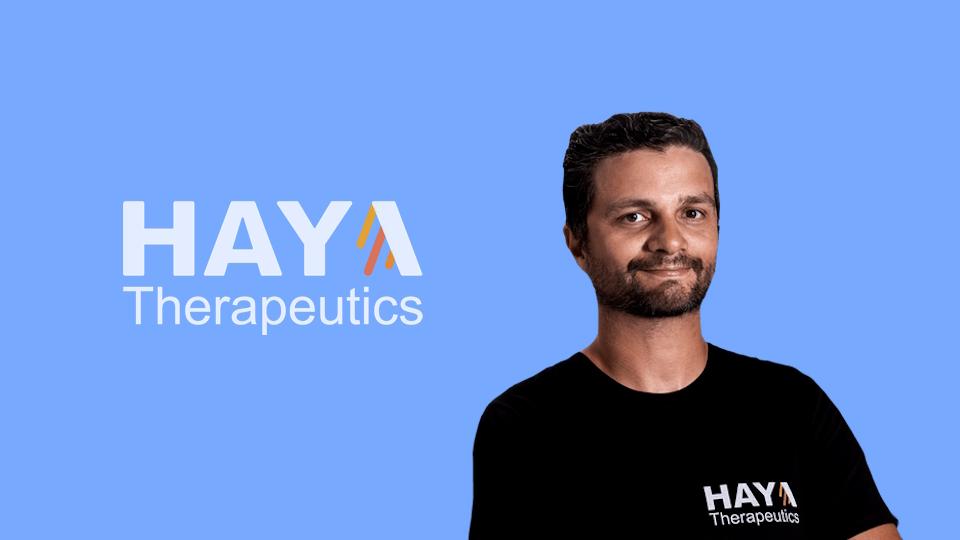Lilly to hunt non-coding DNA for obesity drugs in $1bn deal

Samir Ounzain, CEO and co-founder of Haya Therapeutics
Swiss start-up Haya Therapeutics has formed a partnership with Eli Lilly – worth up to $1 billion – to look for new therapies for obesity in non-coding DNA.
The biotech focuses on trawling the 98% of human genetic material, sometimes called the dark genome or 'junk' DNA, that is not involved in the expression of RNA and proteins. In recent years, it has been shown to be a rich and largely untapped source of drug targets.
Lilly has formed a multi-year collaboration with Haya to use its RNA-guided regulatory genome platform to support its preclinical drug discovery efforts in obesity and related metabolic conditions like diabetes.
It is the first big biopharma group to tap into Haya's platform, which identifies genes coding for long non-coding RNA (lncRNA), a group that makes up a large proportion of the genome.
That is a challenging area of research, as lncRNAs have myriad functions and structures, with complex interactions that make it hard to identify their specific functions, which often involve control of gene expression and the regulation of protein translation, metabolism, and cell signalling. They also tend to evolve more rapidly than protein-coding sequences.
It is the second R&D alliance involving lncRNAs in recent weeks, coming after Bayer signed a $547 million partnership with NextRNA Therapeutics focusing on oncology.
Haya's in-house R&D is focussing on an antisense oligonucleotide for non-obstructive hypertrophic cardiomyopathy (nHCM) targeting an lncRNA called Wisper – with following programmes in pulmonary fibrosis, acute respiratory distress syndrome, and cancer – so, the partnership with Lilly takes it into a new therapeutic space.
Lilly is currently rising high in the obesity category with blockbuster dual GIP/GLP-1 receptor agonist Zepbound (tirzepatide), which saw sales rocket to $1.2 billion in the second quarter of this year as market leader Wegovy (semaglutide) from Novo Nordisk showed the first signs of slowing momentum.
The partnership with Haya is further evidence of Lilly's intention to build on Zepbound, with new treatment modalities that could deliver new and complementary ways to achieve weight loss and correct metabolic imbalances.
"This partnership with Lilly demonstrates the significant advances we have made with our revolutionary regulatory genome RNA-guided platform and validates the potential of targeting lncRNA for chronic conditions," said Samir Ounzain, Haya's chief executive.
"We look forward to working closely with Lilly, an established leader in developing treatments for metabolic diseases, to help bring patients novel disease-modifying therapeutics that could offer greater efficacy, safety, and accessibility than currently available treatments."
The terms of the alliance – which covers multiple novel lncRNA targets – include up to $1 billion in preclinical, clinical, and commercial milestone payments, as well as royalties on product sales.












